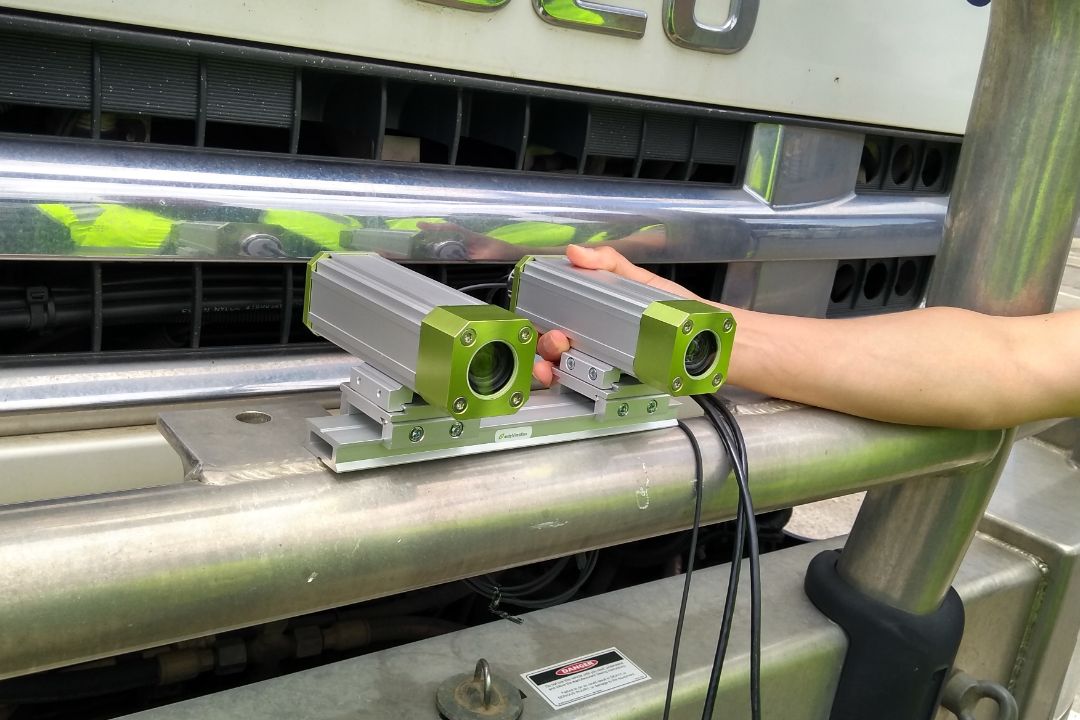And finally… Australia trials road repair sensors down under rubbish trucks
An interconnected network of garbage trucks could be the new frontline in repairing local roads, thanks to a research collaboration between Swinburne University of Technology and Brimbank City Council in Australia that utilises the 5G network and the Internet of Things (IoT).

The project will see high-resolution cameras and GPS sensors attached to Brimbank’s waste trucks. The rich data captured from these connected devices will be sent in real-time to a cloud-based system that can create an easy-to-use map of assets that require maintenance, such as road signs, bus shelters or damaged roads.
This will drastically reduce the time it takes to identify, document and fix issues, removing the need for costly manual reporting and auditing, and saving up to 50% of asset auditing costs.
Supported by $1.18 million in funding from the Federal Government’s Australian 5G Innovation Initiative, the project will also help demonstrate how 5G can reliably support the needs of smart cities around Australia.
Director of Swinburne’s Factory of the Future and Digital Innovation Lab, associate professor Prem Prakash Jayaraman, said the project presents unique challenges that 5G and IoT technology can help solve.
“Swinburne is bringing together researchers, government and industry to co-create safe, resilient solutions for smart and sustainable cities. Together, we are enhancing access to services, places and economic opportunities, and improving quality of life,” associate professor Jayaraman said.
“We are delighted to be working with the forward-thinking Brimbank Council, and utilising Swinburne’s leading capabilities and world-renowned expertise in Internet of Things and digital innovation to demonstrate a solution that can be used in cities across Australia and around the world.”
The stereo vision and depth cameras attached to the garbage trucks will collect 3D perception data at a rate of 900 megabits per second. For comparison, average mobile download speeds in Australia in 2020 were around 43 megabits per second.
To add extra complexity, the garbage trucks travel across every street in the council area each week and need to transmit the data in real-time while moving at varying speeds.
This makes the environment perfect for testing the capabilities of the super-fast 5G network, while also helping maintenance teams work more effectively.
As part of the project, maintenance teams will be able to get information directly on their phones and upload proof of maintenance performed on the spot.
With more than 900 kilometres of road under maintenance and an estimated $15 to $20 million spent every year of maintaining and improving road and roadside assets in Brimbank alone, it is hoped that the project will not only improve the lives and safety of local residents, but also help councils around Australia save millions.



















